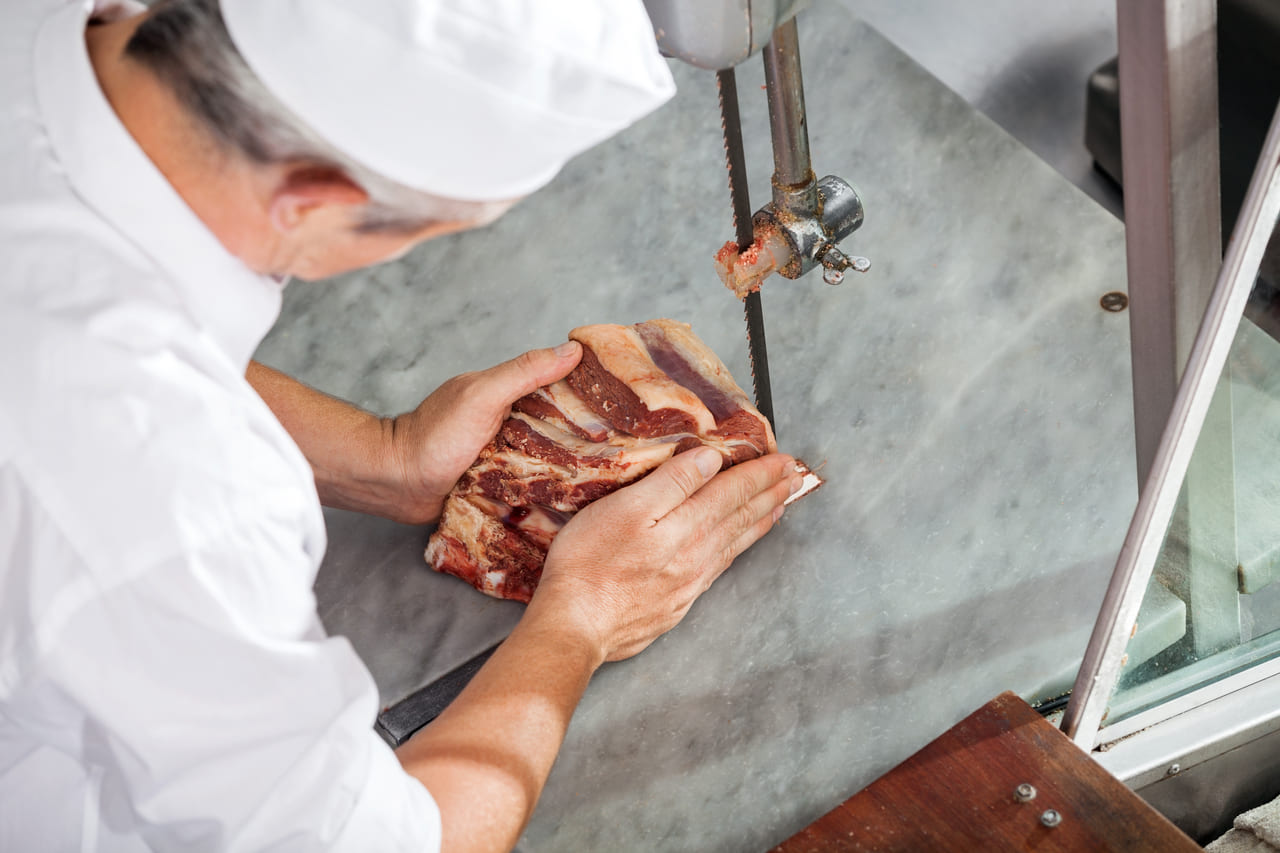9 Breakfast Foods That Nutritionists Say to Avoid

Breakfast sets the tone for the rest of your day, but many common morning foods can leave you feeling sluggish instead of energized. Nutritionists warn that processed sugars, refined carbohydrates, and saturated fats can lead to mid-morning energy crashes and poor concentration. While breakfast should provide steady fuel through complex carbs, fiber, and protein, many grab-and-go items do the opposite. Here are nine breakfast foods experts recommend limiting or skipping altogether for better energy and long-term health.
1. Sugary Breakfast Cereals
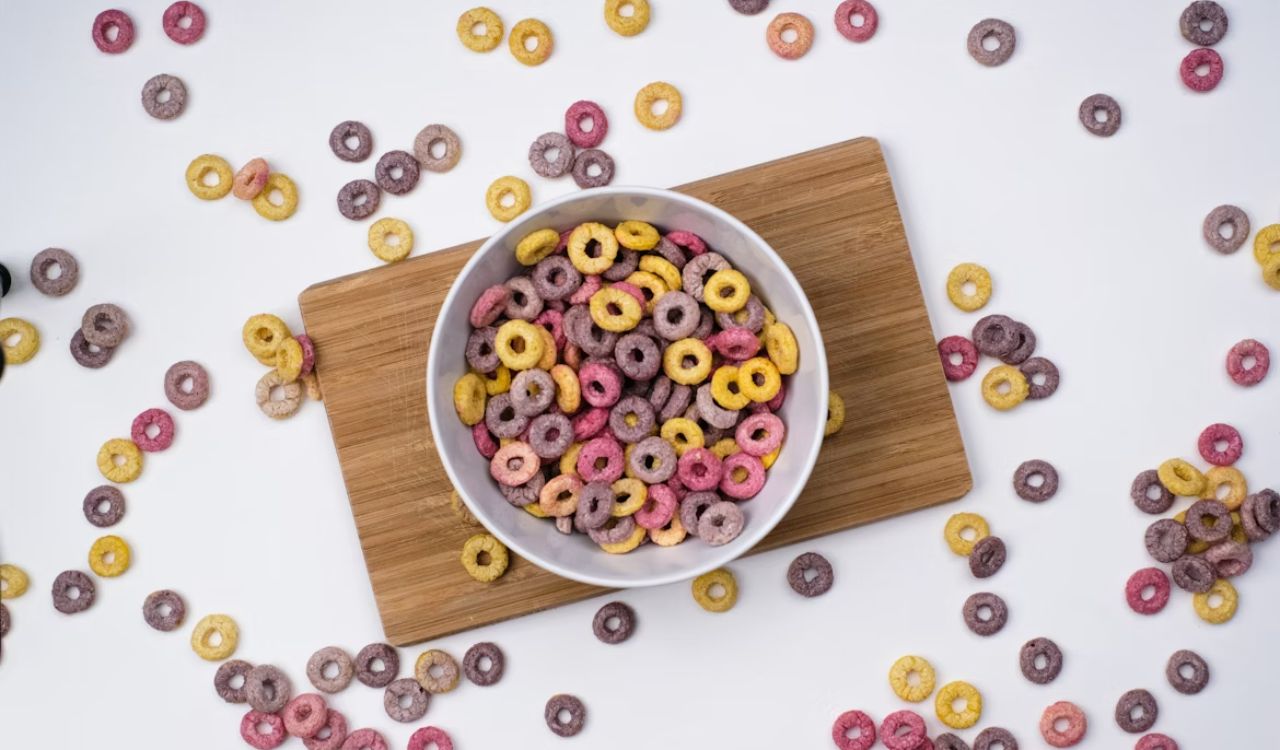
Despite being marketed as wholesome, many boxed cereals are loaded with added sugars and refined grains that provide little lasting energy. Some contain more than 12 grams of sugar per serving, which causes a rapid spike in blood glucose followed by a crash that leaves you hungry soon after eating. According to the USDA, most adults should limit added sugars to under 10 percent of total daily calories. Instead, nutritionists recommend choosing cereals with minimal sugar and at least 4 grams of fiber per serving or preparing oatmeal topped with nuts and fruit.
2. Flavored Yogurts
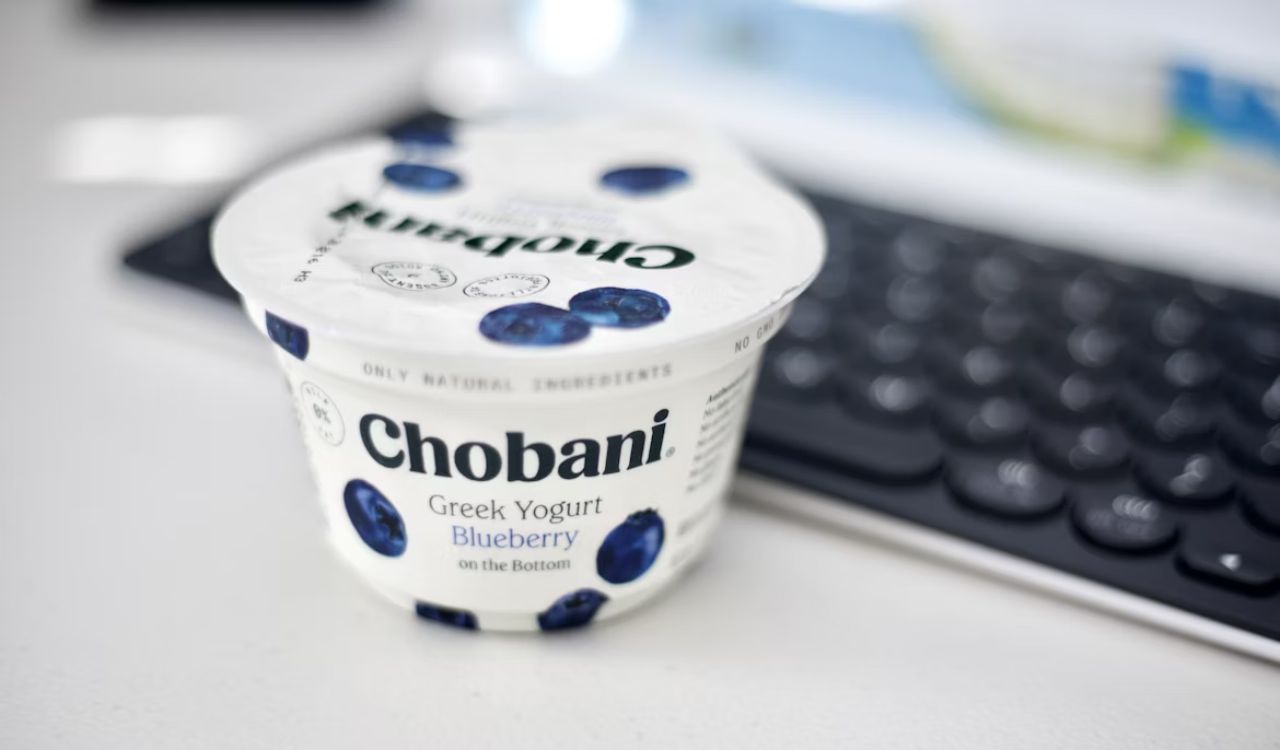
Flavored yogurts often seem healthy but can contain as much sugar as a dessert. Many low-fat or fruit-on-the-bottom varieties have 15 to 20 grams of added sugar in a single cup, negating the natural health benefits of yogurt’s protein and probiotics. High sugar intake at breakfast may contribute to energy crashes and poor appetite control throughout the day. Dietitians recommend choosing plain, unsweetened Greek yogurt for its higher protein content and adding fresh fruit or cinnamon for sweetness without processed sugar.
3. Pastries and Donuts
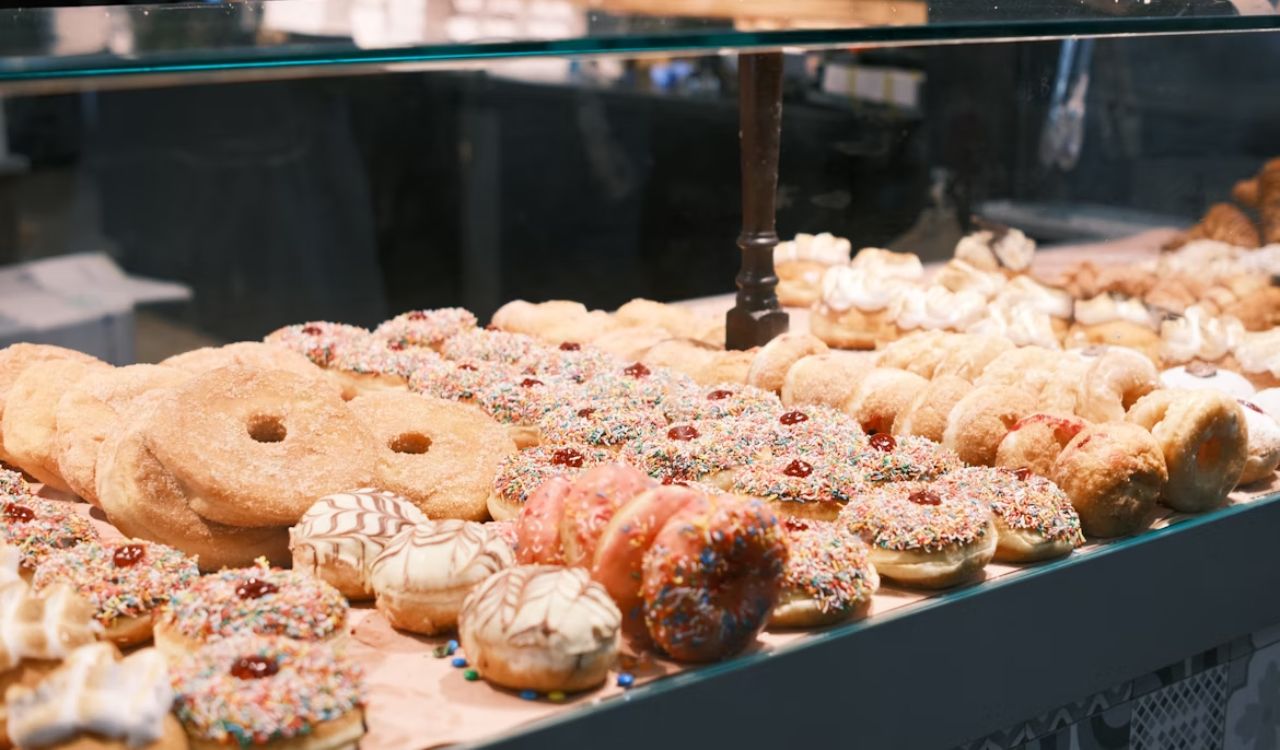
Pastries such as muffins, croissants, and donuts may taste indulgent, but they are packed with refined flour, trans fats, and sugar. These ingredients cause blood sugar fluctuations and provide little nutritional value. Many commercial pastries also contain hydrogenated oils that raise bad cholesterol levels. Regularly eating these foods increases the risk of obesity and heart disease. Health experts suggest replacing them with balanced options like whole-grain toast topped with nut butter or scrambled eggs with vegetables for sustained energy.
4. Fast-Food Breakfast Sandwiches
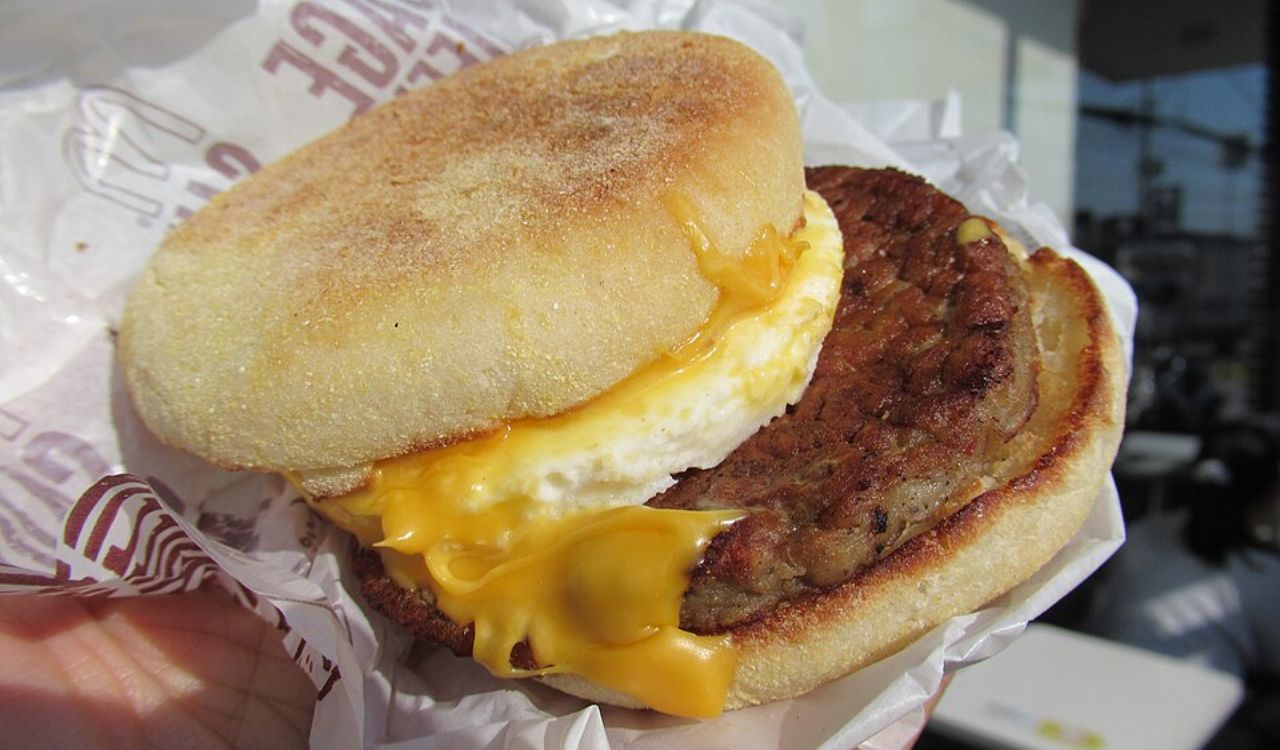
Fast-food breakfast sandwiches are convenient but often high in sodium, saturated fat, and preservatives. A single sandwich with processed meats, cheese, and refined bread can exceed 1,000 milligrams of sodium, nearly half the daily recommended limit. These ingredients contribute to bloating and sluggishness. Regular consumption has been linked to higher cholesterol and cardiovascular risk. Nutritionists advise making your own sandwich at home using whole-grain bread, a boiled or poached egg, and avocado or leafy greens for a nutrient-dense alternative.
5. Pancakes and Waffles with Syrup
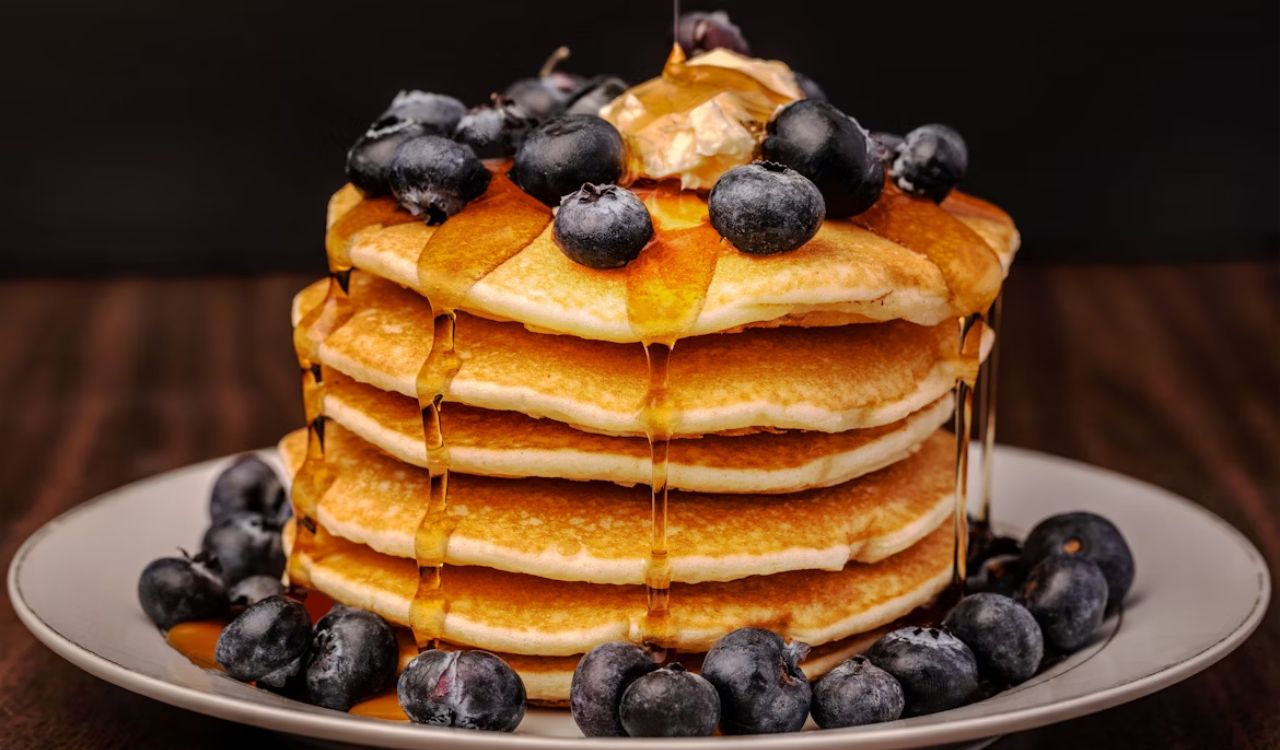
A plate of pancakes or waffles drenched in syrup may feel comforting, but it is a sugar and refined-carb overload. One serving can exceed 500 calories and 30 grams of sugar, offering little fiber or protein. Artificial syrups and whipped toppings make it even worse, leading to an energy spike followed by a crash. Nutritionists suggest swapping refined flour for whole grains or oats and topping with fresh fruit, yogurt, or a small drizzle of real maple syrup for better balance and flavor.
6. Processed Meats like Bacon and Sausage
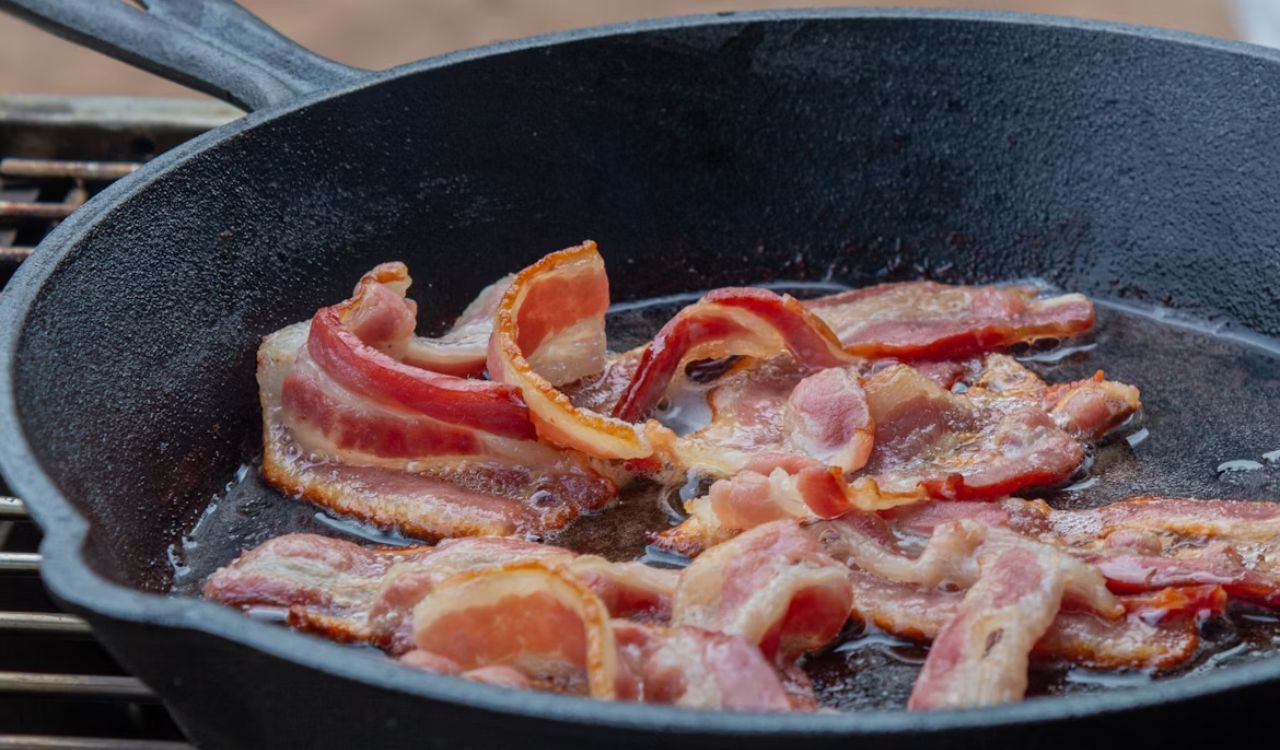
Processed breakfast meats such as bacon and sausage are packed with sodium, saturated fat, and nitrates that have been linked to an increased risk of heart disease and certain cancers. The World Health Organization classifies processed meats as carcinogenic when consumed frequently. Regularly eating them can also raise blood pressure and cholesterol. For a healthier choice, opt for leaner proteins like turkey sausage, smoked salmon, or plant-based meat substitutes that deliver flavor with less fat and fewer preservatives.
7. Toaster Pastries and Breakfast Bars
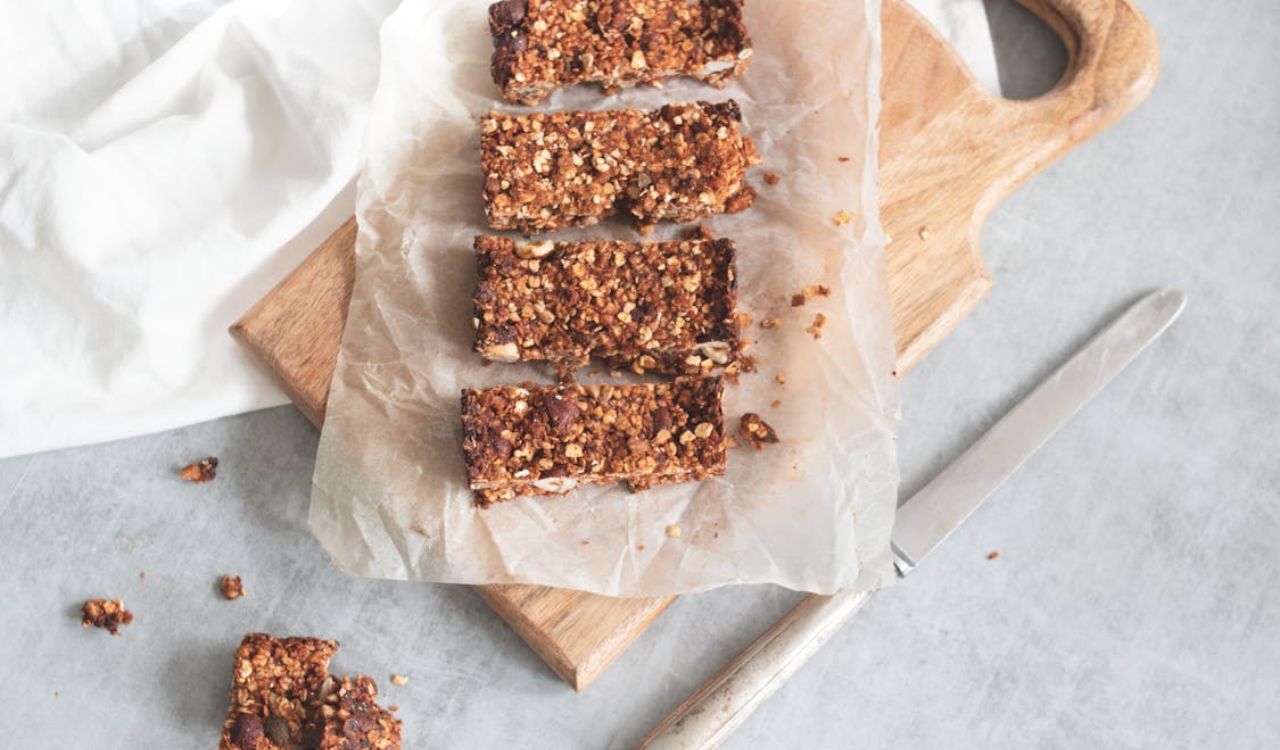
Packaged toaster pastries and many breakfast bars are heavily processed and often high in added sugars, refined flour, and artificial flavors. While marketed as energy-boosting snacks, they provide a quick sugar rush followed by fatigue. Some contain as many calories as a candy bar. They also lack the fiber and protein needed for sustained satiety. Nutrition experts recommend replacing them with homemade options such as overnight oats or energy bites made with oats, nut butter, and dates for a naturally energizing breakfast.
8. Store-Bought Smoothies
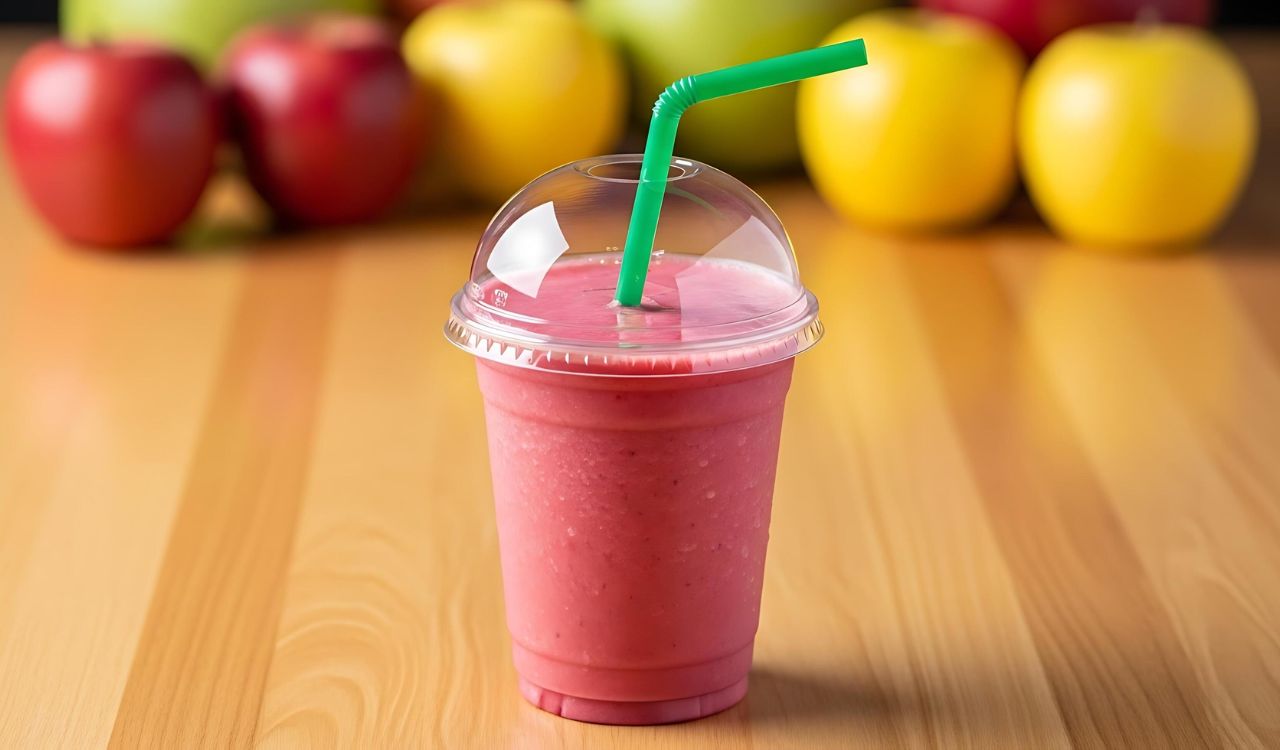
Not all smoothies are created equal. Store-bought varieties are often loaded with sugar from fruit concentrates, syrups, or frozen yogurt, which can cause a calorie spike without much nutritional payoff. Some bottled smoothies contain more than 300 calories and 40 grams of sugar. Many also lack protein and fiber, leading to hunger shortly after drinking them. Nutritionists suggest making smoothies at home with real fruit, leafy greens, unsweetened milk alternatives, and a source of protein such as yogurt or protein powder.
9. White Toast with Butter or Jam
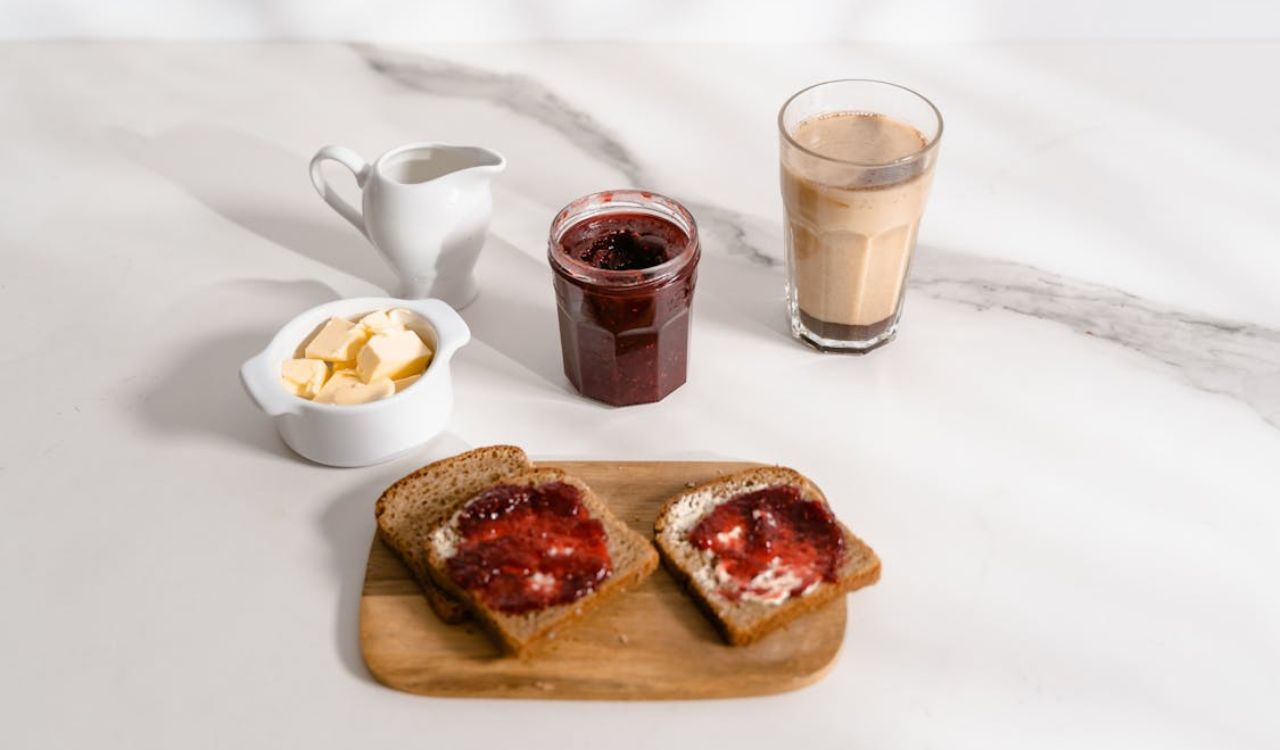
White toast is one of the simplest breakfast options but offers minimal nutrition. Made from refined flour, it lacks the fiber needed to keep blood sugar stable. When topped with butter or jam, it becomes high in saturated fat and sugar, providing only short-term energy. Over time, this can contribute to higher cholesterol and weight gain. Replacing white bread with whole-grain or multigrain toast and topping it with avocado, nut butter, or eggs creates a more satisfying and balanced breakfast.





